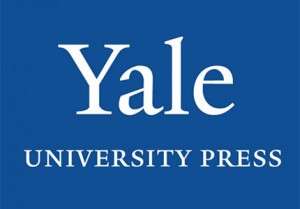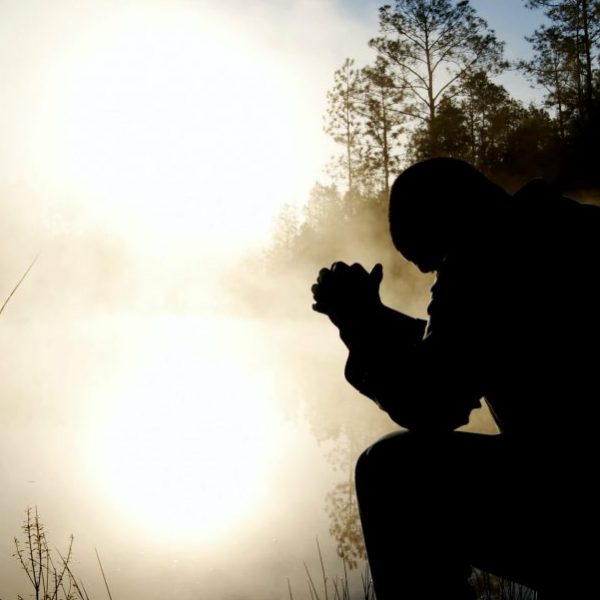What SUP From Your Favorite University Presses, July 25, 2014
 Welcome to our weekly roundup of news from university presses! Once again, there is a lot to share this week from our fellow academic publishing houses and much to learn on What SUP at the social university presses. This week, we visit Machu Picchu, address New York City’s inequality, and celebrate progress in education. What did you read this week?
Welcome to our weekly roundup of news from university presses! Once again, there is a lot to share this week from our fellow academic publishing houses and much to learn on What SUP at the social university presses. This week, we visit Machu Picchu, address New York City’s inequality, and celebrate progress in education. What did you read this week?
Columbia University Press interviews John Haller, the author of Shadow Medicine. He outlines the conceptual and practical differences between conventional and alternative medicines, and explains how the placebo effect complicates both kinds of therapy. The Press also offers an excerpt from the book.
Duke University Press explores the “lost city” of Machu Picchu with two articles about its history. Amy Cox Hall describes the methodologies of the site’s rediscoverers, Hiram Bingham and the Yale Peruvian Expedition team. Keely Maxwell documents the environmental history of tourism on the Inca Trail.
Harvard University Press reflects on the publication, reception, and evaluation of texts, and on how peer review can relate to each. The Press considers Joseph Esposito’s ideas about Open Access publishing in light of a story told by historian Matthew Pratt Guterl about his book, Josephine Baker and the Rainbow Tribe.
Indiana University Press streams the newest episode of the IU Press podcast, in which Keren McGinity describes what she learned about gender and religion while researching and writing Marrying Out. The book focuses on the experiences of Jewish men and their non-Jewish wives, particularly as they become parents.
Temple University Press highlights the challenges New York City Mayor Bill de Blasio faces in lessening inequality and fostering a more inclusive urbanism. Tarry Hum, author of Making a Global Immigrant Neighborhood, takes Brooklyn as an especially illuminating test case.
Oxford University Press traces the recent history of the Church of England in order to contextualize the admission of female bishops. Linda Woodhead, the author of Christianity: A Very Short Introduction, describes the underlying tensions between universalism and sectarianism and between liberalism and paternalism.
Stanford University Press argues that even though education reform is crucial, it is worth celebrating how far the United States and the world have come. David P. Baker, the author of The Schooled Society, points out that the world today is exponentially more educated than it has ever been before, and that this has dramatically affected humanity’s external and internal structures.


























